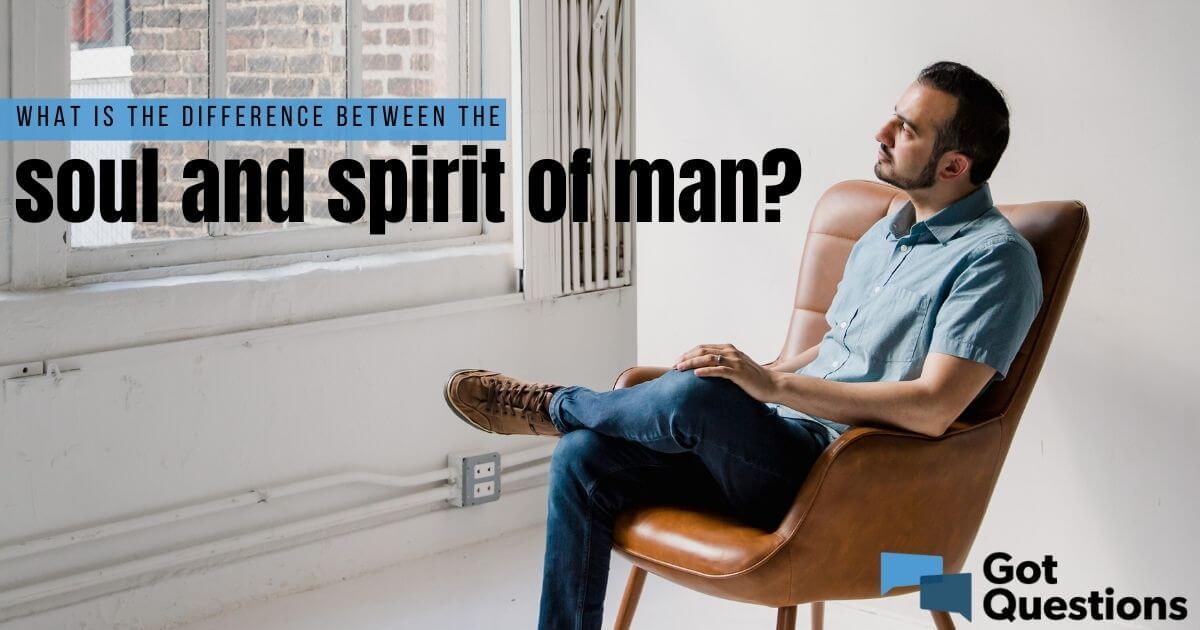For me, the two terms are about fundamentally different topics.
I am a strong atheist because I believe that classical theism is false. In a more general sense, I also lack a belief in both polytheism and monotheism. So I am an atheist in both the general, casual use of the word and the more narrow, philosophical meaning of the word.
My pantheism is a metaphysical position that is best understood in the context of competing metaphysical systems. Unlike Buddhist metaphysics, I do not regard existence as an impermanent illusion of division from an underlying emptiness. Unlike Neoplatonic metaphysics, which is often considered panentheistic, I do not consider the realm of matter to be an emanation of a higher mental realm. Unlike Hindu metaphysics, I do not believe panpsychism or the idea that the universe itself is conscious or has its own mind.
Instead, I believe in eternalism, which is the idea that the past, present, and future are all fixed and pre-determined. I also believe that the only thing that we can say truly exists is the natural world which can be observed by science and that minds are an illusion. The former makes me a determinist, the later makes me an eliminative materialist.
"Metaphysical naturalism" is, in my opinion, a modern term for a much older concept. Before we had naturalism, we had materialism. To clarify, "materialism" is used as a name for both a metaphysical position and a wholly unrelated system of values that places an emphasis on wealth and luxury. In this context, I am referring to the metaphysical position that the only "thing" which exists is matter.
The ancient Stoics were materialists in this sense. They were also one of the first philosophers to put forward the idea that movement is not separate from matter but, instead, is a property of it. That is to say, they did not believe in an immaterial force that "acted upon" matter, such as the waves in metaphysical atomism set forward by the Epicureans, but instead that matter itself is responsible for its own movements.
Movements of matter, to the Stoics, were determined by the fixed patterns of fate that follow from cause-and-effect. This idea would become picked up by Spinoza, later leading to the concept of "pantheism" which rejected both mind-body dualism and the existence of the supernatural in favor of materialistic fatalism. He called this material hand of fate "Nature."
Today, this form of pantheism has been given the further retronym of "classical pantheism," because after Spinoza there came many other forms of pantheism. The concept of "naturalism" itself is closely related to Spinoza's conception of Nature. However, pantheism was originally a specific form of naturalism that included fatalism and that's what I mean when I say that I am a pantheist.
In fact, I would say that I'm an atheist precisely because I'm a pantheist, similar to how Spinoza has long been accused of promoting atheism himself due to his naturalism. You could say that, to me, pantheism is a specific atheist position that is based on naturalism and eternalism.
In other words, "atheism" tells you what I don't believe in. "Pantheism" tells you the metaphysical position that I do believe in, which is not shared by all atheists. Even among naturalistic atheists, some are Buddhists, some are reductive materialists, some are physicalists, some reject eternalism, some are empiricists who are only methodological naturalists rather than metaphysical naturalists, some are presentists, etc.


